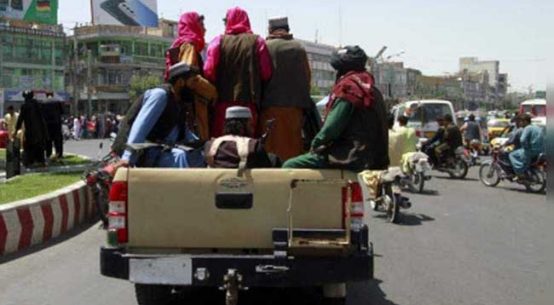
As buildings soar higher and higher, traffic congestions get worse, air more suffocating, and public amenities spread thinner and thinner to accommodate an ever-increasing number of people, at what point do we say, enough is enough? Despite frequent discussions around the urgency of decentralization, we have unfortunately done little to address the pressing challenges of unplanned, uncontrolled urbanization, which poses a major threat to the citizens’ standard of living, as well as to the country’s GDP growth and sustainable development.
Over the last decade, Dhaka’s population has grown by 50 percent, and it has come at a huge cost—between 6 and 10 percent of Bangladesh’s GDP, according to a recent study. Experts warn that it will harm the country’s future prospects further if measures are not taken to “get urbanization right.” Collection of revenue is an important issue for local government bodies. Priority has to be given on the potential revenue sources as well as on building their income generating capacities.
Dhaka is currently generating one-fifth of the country’s GDP and almost half of its formal employment. Such unbalanced growth is simply not sustainable. We wholeheartedly agree with the experts that we must focus on developing secondary, medium-sized cities for balanced structural transformation.
We need to move populations away from Dhaka and Chattogram, and create jobs, infrastructures, investment opportunities, public amenities and recreational facilities, and strengthen urban local government institutions to lead that process of change. The government must engage relevant stakeholders and come up with a workable yet ambitious plan to develop these cities and empower the city government accordingly.
As of now, local governments have little fiscal and administrative autonomy, and people’s participation in the decision-making process of local governments is severely limited. There is no doubt that we need political commitment to change the status quo. But the question is: Is the government ready to make such a commitment?
It needs to, for its own sake, if not for the sake of its citizens. As economists and urban planners have been pointing out for years, failure to decentralize will have devastating impacts on economic growth in the near future, particularly as more people migrate to the major cities due to climate change.
As the pandemic has exposed, unbalanced and intense concentration of the population in the cities can expose the citizens to higher risks of disease, climate impacts and natural shocks. The government needs to focus on developing urban centres in the country’s northern part as part of its strategies on climate change litigation and adaptation. Infrastructures and road connectivity need to be improved in the region to bring a balance in urbanization and trade diversification.


